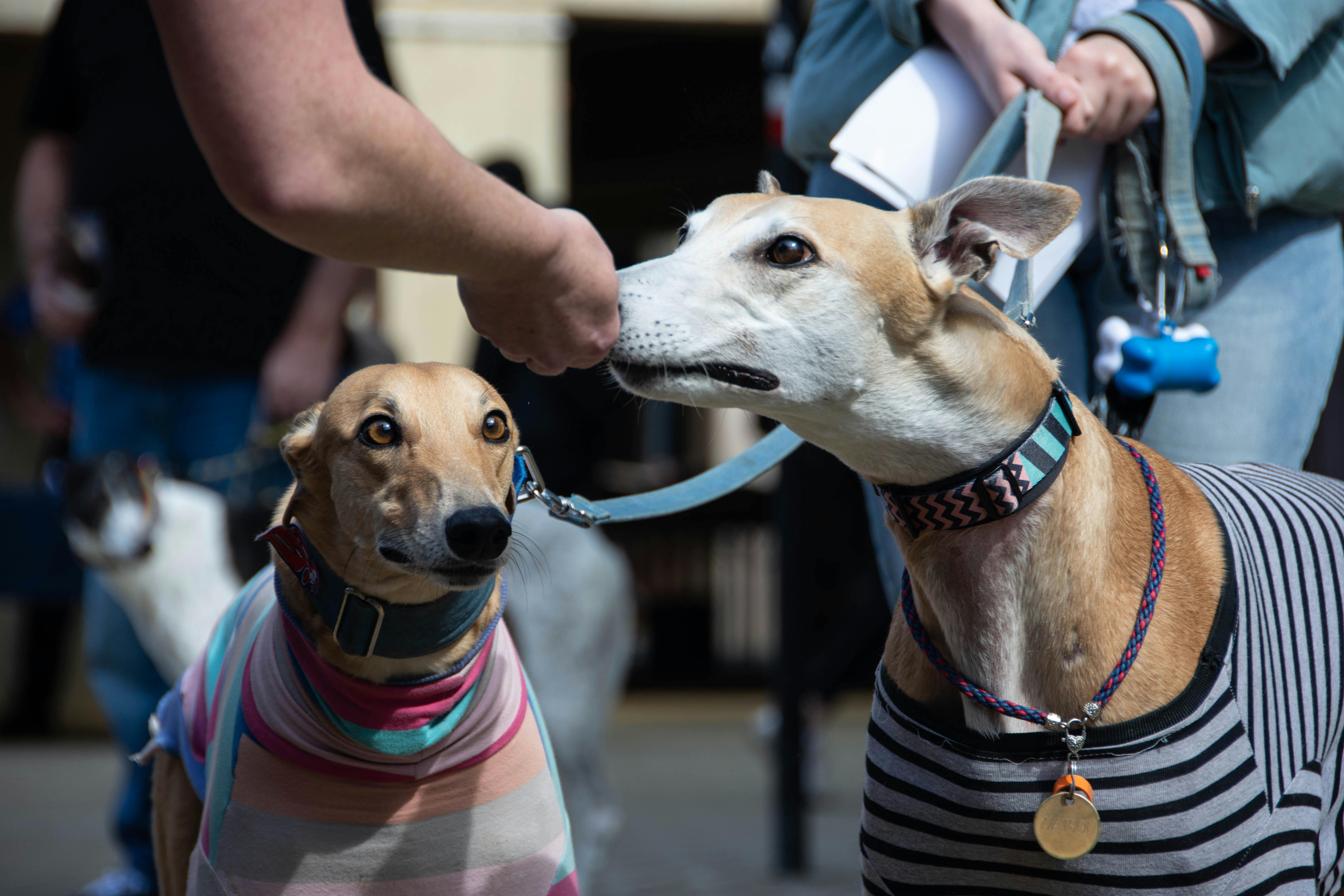Greyhound track site ‘could add £5.9m to Fife economy’ if repurposed for housing

Land in Thornton currently used for greyhound racing would bring larger economic benefits to Fife if the site were used for housing, an independent report by BiGGAR Economics has found.
The Thornton Greyhound Track is the last remaining greyhound racing track in Scotland, and new research has found it has a limited economic footprint, contributing a total economic impact of just £62,000 GVA and the equivalent of two full-time jobs in Fife, which would be significantly outweighed by the GVA and jobs resulting from housing development.
The report ’Economic Impact Assessment of Thornton Greyhounds and Alternative Uses’ concluded that using the site in Thornton for housing could add capital stock to the tune of £5.9 million in capital asset value in Fife.
Andrea Carlo Magnaghi, senior economist at BiGGAR Economics, said: “This study considered the economic benefits from activity at Thornton Greyhounds and those from an alternative site used as a housing development. It found greyhound racing at Thornton makes a limited contribution to the local economy. In addition to delivering against local priorities and addressing existing pressures around housing, a residential development of the site would deliver larger benefits than its current use.”
With Scotland in the midst of a housing crisis, campaigners are calling for a complete closure and repurposing of the deteriorating track. GREY2K USA Worldwide, the largest greyhound protection organisation in the world, commissioned the economic impact study which is being published for the first time today. The non-profit entity works nationally and internationally to end the cruelty of dog racing and sponsors the rescue and adoption of ex-racers across the globe.
President, general counsel and co-founder of GREY2K USA Worldwide, Christine Dorchak, added: “Wherever it persists, greyhound racing is a dying and exploitative form of gambling that results in severe pain, suffering and death for the gentle dogs forced to race.
“It is staggering that this infamous and discredited form of entertainment has been prioritised at Thornton over alternative land uses, such as housing, which would bring significantly more benefit to the local community, and help tackle a growing crisis in Scotland and Fife.
“Dog racing at Thorton has had its day, and it’s long past time that this run down, dilapidated site be repurposed for something which would bring wider community benefits, rather than just a flutter for a tiny minority who like to bet on cruelty.”
In March 2024, Fife Council declared a housing emergency in response to unprecedented pressure on housing and homelessness services. The latest data reveal that Fife’s housing register has reached record high levels, following a 7% increase in 2022-23. This is further compounded by a strain on housing and homelessness services with a 54% increase in the number of households in temporary accommodation in Fife between 2020 and 2023.
The development of new housing at the site of Thornton Greyhounds would generate a range of economic impacts in Fife, and across Scotland. This includes:
- a construction impact of £1.5m GVA and 18 job years in Fife, and £3.2m GVA and 53 job years in Scotland; and
- an annual impact from resident expenditure of £137,000 GVA and one job in Fife, and £209,000 GVA and two jobs in Scotland.
In addition, the council tax raised from the occupants of the new houses could also generate annual revenues of £49,600 for Fife Council. Furthermore, the development of new houses would add to the capital stock of Fife, amounting to a capital asset value of £5.9m.





















